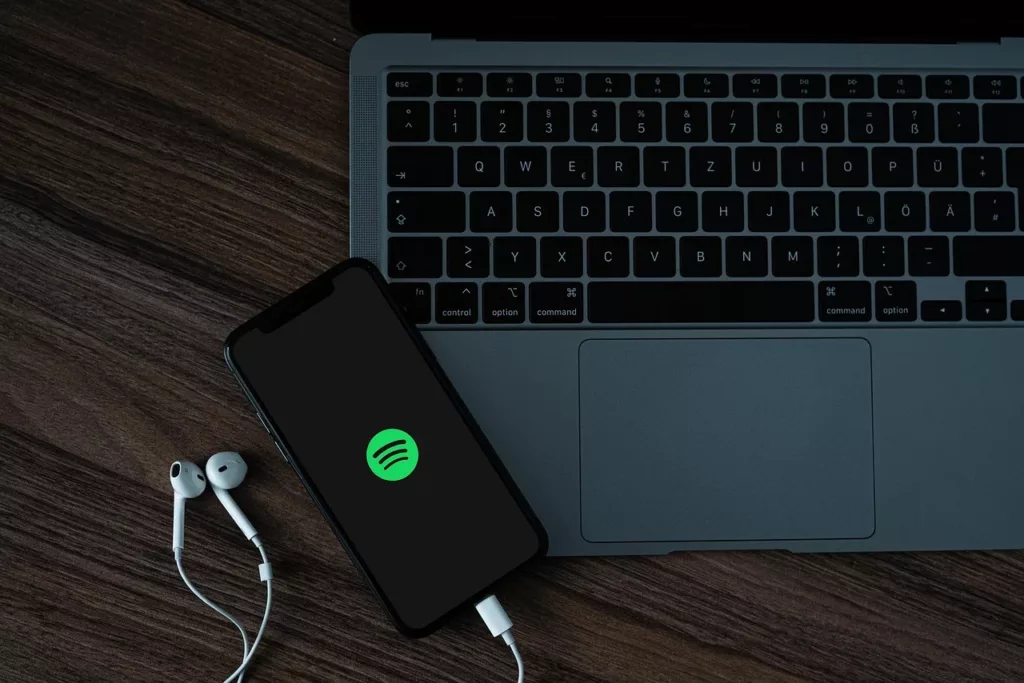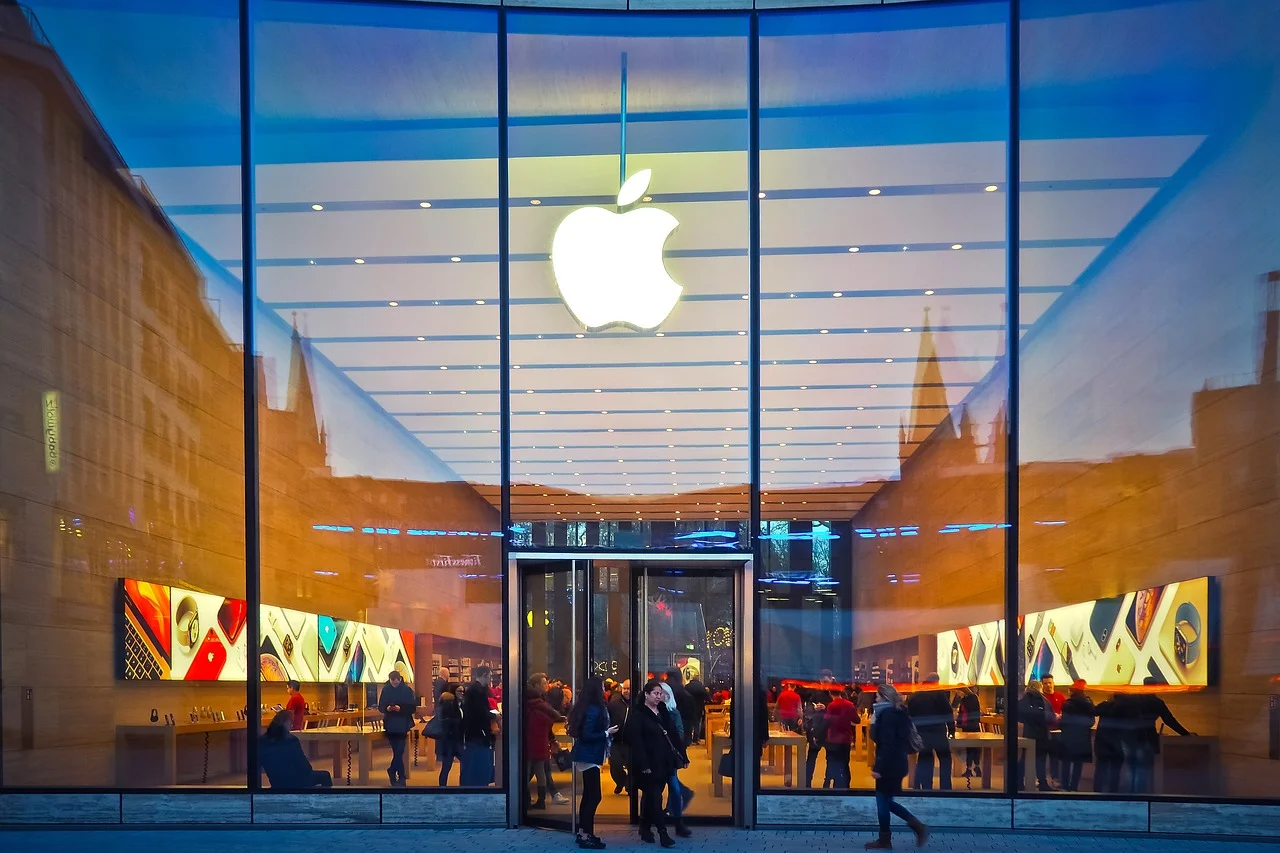The Article Tells The Story of:
- Apple appeals $2B EU fine after Spotify claims unfair App Store competition.
- Spotify alleges Apple favors Apple Music with lower fees and restricted external subscriptions.
- Case highlights power struggle between platform owners and app developers.
- Outcome will impact app store regulations and the broader tech industry.
Apple has officially filed an appeal against a massive $2 billion antitrust EU fine that was imposed by the European Union (EU) after Spotify complained about this. The move marks the latest development in a long-standing dispute between the tech giant and the music streaming service. The fine arose from claims that Apple’s App Store rules gave its own music service, Apple Music, an unfair competitive advantage over rivals such as Spotify.
Background of the Dispute: Apple Fights $2 Billion EU Fine After Spotify Claim

Spying is a complaint that Apple made against Spotify in 2019. The complaint stemmed from Spotify’s assertion that the policies of the App Store from Apple were against competition. In essence, Spotify complained that Apple Music had an unfair advantage due to its exemption from having to pay the 30% commission fee, unlike other apps, which had to pay for in-app subscriptions. After one year, the commission goes down to 15%, but still, the financial burden to competitors remains high.
Apart from the question of the commission fee, Spotify argued that Apple rules did not allow it to send the users to their website to subscribe to music, hence further disadvantaged to the favor of Apple’s Music.
EU’s Ruling and Fine: The European Union, after a probe, decided with Spotify. The EU deemed that practices by Apple are anti-competitive in nature and had to pay €1.8 billion or about $2 billion in fine.
This decision has been treated as a great victory by Spotify and all other third-party app developers who for long have been criticizing App Store policies by Apple.
Apple’s Reaction:
Apple did not like the decision of the EU. The company promptly dismissed the ruling and threatened to take the case to court in a challenge against the fine imposed on it. Apple is now challenging the March decision in the General Court in Luxembourg. According to Apple, its policies are just and necessary for ensuring security and integrity of the App Store.
Complexity of Antitrust Cases: Antitrust cases, especially the ones of major tech companies, are often complex and slow to resolve. The Apple vs. Spotify dispute is a clear example of the challenges that exist in finding a balance between the interests of the owners of platforms and those of third-party developers. On one hand, Apple feels it should have the right to promote its own services on its devices. On the other hand, Spotify and other developers argue that Apple’s policies stifle competition and limit consumer choice.
This case will have huge implications on the market, especially on the app developers and the consumers in the tech industry. In case Apple is able to overturn the fine, then it may have the upper hand on App Store policies, as this will reinforce the control the company has over them. However, if the EU’s decision is sustained, then Apple may have to change its practices, thereby creating a more equal platform for all app developers.
Wider Perspective: This is a recent development in increased scrutiny being applied to large-scale digital technology companies globally. Nations and regulatory bodies have seen the need to assess, analyze, and correct unjust business practices among corporations that operate on their jurisdictions including Apple, Google, Amazon, and the rest in the industry. A decisive verdict in the Apple against Spotify case would give them precedence in further investigations concerning antitrust.
As Apple fights in court against the $2 billion antitrust fine imposed on it, the technological world and consumers are indeed paying close attention. At its core, the case is a reflection of tension between platform owners and developers who are third-party partners and raises significant questions around fairness and competition in this digital marketplace. The resolution of the Apple vs. Spotify case will have considerable implications for future regulatory attitudes and will influence the landscape for app development and distribution long into the future.
Conclusion
While the outcome of this lawsuit remains uncertain, its eventual decision will not arrive quickly. These are high-scale antitrust cases that usually call for more deliberation, analyzing factors in the light of law, economies, and technology. This way, both Apple and Spotify will have to hold out until the final judgement on their App Store policies and competitive practices can be announced.
More News: Tech News


